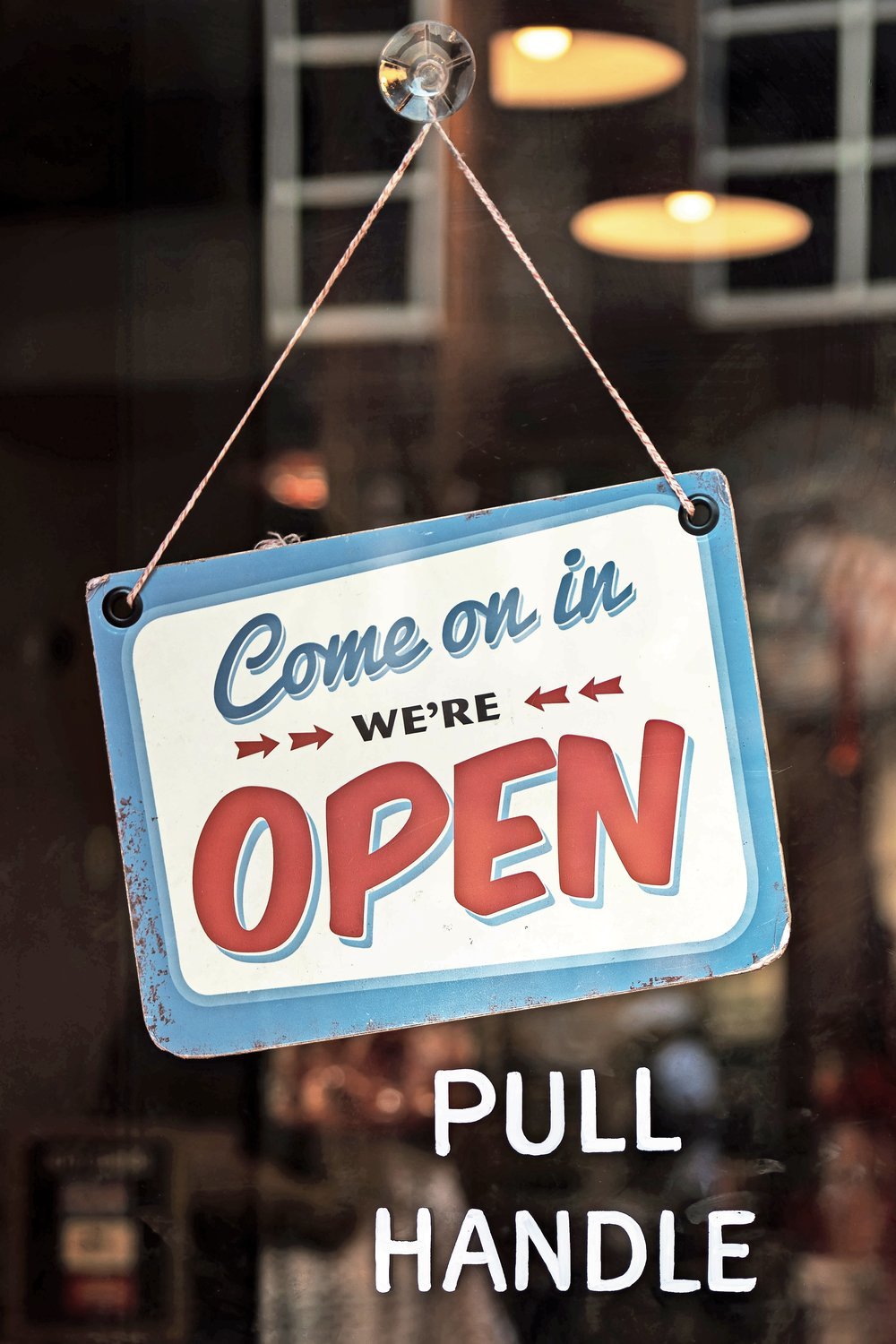Keeping the doors open
Community leaders push for support of black-owned businesses
During August, which is National Black Business Month, community leaders in Elmont and Franklin Square are calling for residents to support local Black-owned businesses.
Alicia A. Ray, creative director of Black-Owned Long Island, a self-described curated guide to these businesses, said that they build a sense of community and create jobs for local residents and others across Long Island.
Formed in 2017 by a small group of business leaders and consumers interested in the challenges faced by Black business owners, the platform works to “find and support businesses and organizations that are owned and operated by black entrepreneurs and influencers to continue to build wealth in the black communities on Long Island,” Black-Owned Long Island’s website states.
Ray also emphasized a cultural element of Black-owned businesses: They help drive diversity and inclusion, expanding residents’ cultural horizons and making business owners feel like they belong on Long Island. The businesses, she said, work to “bring a different flavor to our economy and experiences as consumers on Long Island.”
One major problem they face, Ray said, is that their owners often don’t receive the same level of capital that often keeps businesses afloat during hard times. Black-Owned Long Island endeavors “to recognize that, and do whatever we can to help accelerate and advance the Black community,” she said.
Ray, who described herself as a proponent of all local, small businesses that provide high-quality products and services, stressed that supporting Black-owned businesses doesn’t mean neglecting the needs of other small businesses. “The idea is not biased against other business on Long Island,” the platform’s website state. “Instead, our goal is to be a catalyst for Black-Owned companies and connect them with consumers that are interested in their business.”
To help with that effort, Ray said, local governments need to allocate more funds for programs to help business owners understand key concepts like the benefits of marketing. This, along with support from both the public and private sectors and the broader community, will help Black-owned businesses “accelerate, grow, and keep their doors open,” she said.
Historically, there is a key connection between Black-owned businesses and the fight for civil rights. “The big significance of Black-owned businesses is to recognize and represent the 400-plus years of being disenfranchised in global, national and local economies,” Ray said. Black-owned businesses, she added, often focus on the advancement of Black people, and have historically served as a way to mobilize the community together to bring about change.
Jon Johnson Sr., of Elmont, president of the Elmont Cardinals Sports Club, emphasized this point, arguing that business ownership and the advancement of Black Americans are tied together. “Black-owned businesses have been foundational to the Black community for a very long time,” Johnson said, adding, “Saying that Black lives matter is being able to speak about black ownership.”
There aren’t enough Black-owned businesses in Elmont and Franklin Square, Johnson said, and those that do exist are not frequented often enough by community members.
Between February and April of last year, Black business ownership decreased by over 40 percent, according to a report released by the House of Representatives’ Committee on Small Business. That was the largest drop in any ethnic group in 2020.
Johnson said that although Elmont and Franklin Square are already diverse, with a “plethora” of Black-owned businesses in the area — barbershops, halal vendors and more — there should be more initiatives to boost fundraising for and awareness of them.
To do this, networking is key, he said. “Right now,” Johnson said, “we have to fund these businesses.”







